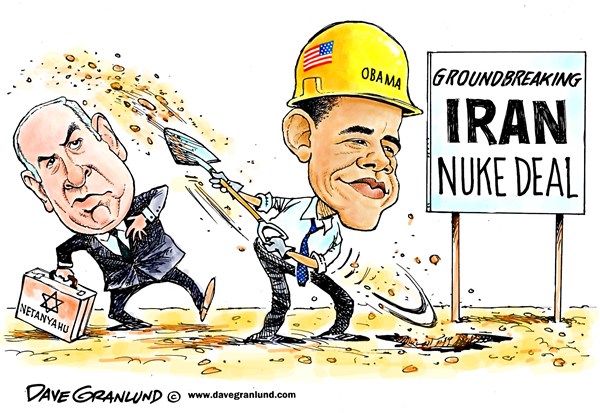NOVANEWS

Russia, as well as the European Union, remains committed to the Iran nuclear deal, despite the recent US waiver of sanctions against the country.
Moscow would oppose any attempts to undermine the existing nuclear agreement between P5+1 countries and Iran, Russian Deputy Foreign Minister Sergei Ryabkov has stated.
“The JCPOA [Joint Comprehensive Plan of Action] cannot be amended and we will oppose any attempts to hamper it,” Ryabkov said.
The minister went on by saying that Trump’s move raises questions concerning his negotiability on international issues, adding that Moscow will insistently explain to Washington the viciousness of its sanction policy towards both Tehran and Pyongyang.
“We have a very negative stance on yesterday’s decisions and statements announced by Washington, our worst expectations are coming true,” Ryabkov said commenting on Trump’s words, saying that the US thus demonstrate their preference for the use of power to solve issues.
The minister underlined that statements by US President Donald Trump will be very carefully studied in the DPRK and other countries and may influence the existing tensions on the Korean peninsula.
“According to our estimates, our American colleagues act in such a way as to constantly find opportunities to increase tensions on the Korean peninsula. Despite the signs that there has been some shift in the direction toward political dialogue, here we also note intra-Korean contacts, which are very important — despite this, Washington is looking for ways to constantly remind everyone, including in Northeast Asia, that it is committed to pressuring and methods of force, and, using this same American terminology, keeping all the options on the table,” the deputy head of the Russian Foreign Ministry added.
The diplomat added that there was no sense in overestimating Trump’s decision on waiving the sanctions, as the United States was seeking to undermine the JCPOA and is reinforcing a categorical approach to Iran-related issues.
“The prospect of the US withdrawal from the Iran deal will deliver a very serious blow to the whole system of international agreements and to the enhancing of the nuclear non-proliferation regime,” Ryabkov said.
Speaking about a new deal on Iran, which the US has claimed to elaborate, the minister stressed that Moscow could hardly understand how it might look like.
“We do not understand what our American colleagues mean when they start to negotiate the development of some new agreement, which, as they think, will ‘correct the shortcomings’ of the existing agreement,” Ryabkov said.
“It has been announced in advance that Iran, Russia and China are not invited to negotiations concerning this agreement. This is the US’ decision, the content of the talks and their subject is unclear. But for us, strictly speaking, they are of little interest because the JCPOA is not subject to correction,” Ryabkov stressed.
US Sanctions
“Of course, the decisions on enlargement of the sanction list [as for Iran] by including 14 individuals and entities, including the citizens of foreign states, not only the Iranian institutions and organizations, spark concerns,” Ryabkov has commented on the US sanctions on 14 individuals and entities over Iran’s human rights abuses and ballistic missile program, including the ones from China and Malaysia.
The minister called on the international community to consolidate efforts aimed at securing the Iranian nuclear deal.
“We think that in this context, the international community should double its efforts aimed at consolidation of the approach to the protection of the JCPOA shared by Russia, the Europeans and China in favor of its strict and full implementation by all the participants,” Ryabkov said.
The statement was made in the wake of US President Donald Trump’s announcement on January 12 of his decision to waive sanctions on Iran as required by the JCPOA, also known as the Iran nuclear deal. Trump, however, specified it would be the last time he signs the waiver unless the deal is modified.
This move follows the common path the US president took in relation to the Islamic Republic ever since his election campaign. When elected, he reaffirmed opposition to the deal officially in late October 2017, refusing to re-certify it and accusing Tehran of violating the spirit of the agreement.
However, the president still does not contest Tehran’s compliance with the deal at the international level, while at the same time not excluding the possibility of withdrawing from the deal if the agreement is not improved. Other JCPOA signatories have called on the United States to comply with the agreement’s provisions, saying that the deal had yielded results and was non-negotiable.
READ MORE:
Trump Decides to Extend Iran Sanctions Waiver, But for the Last Time — WH



